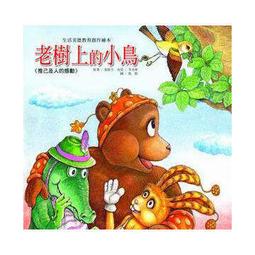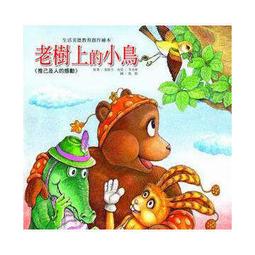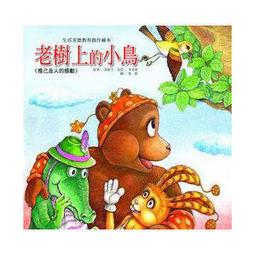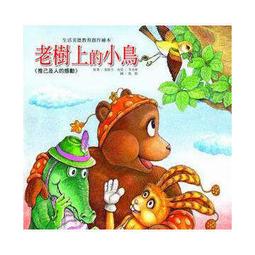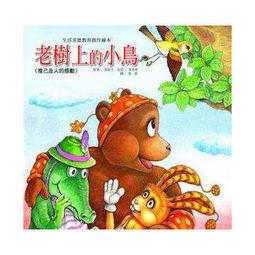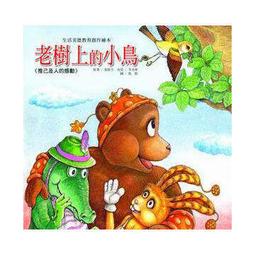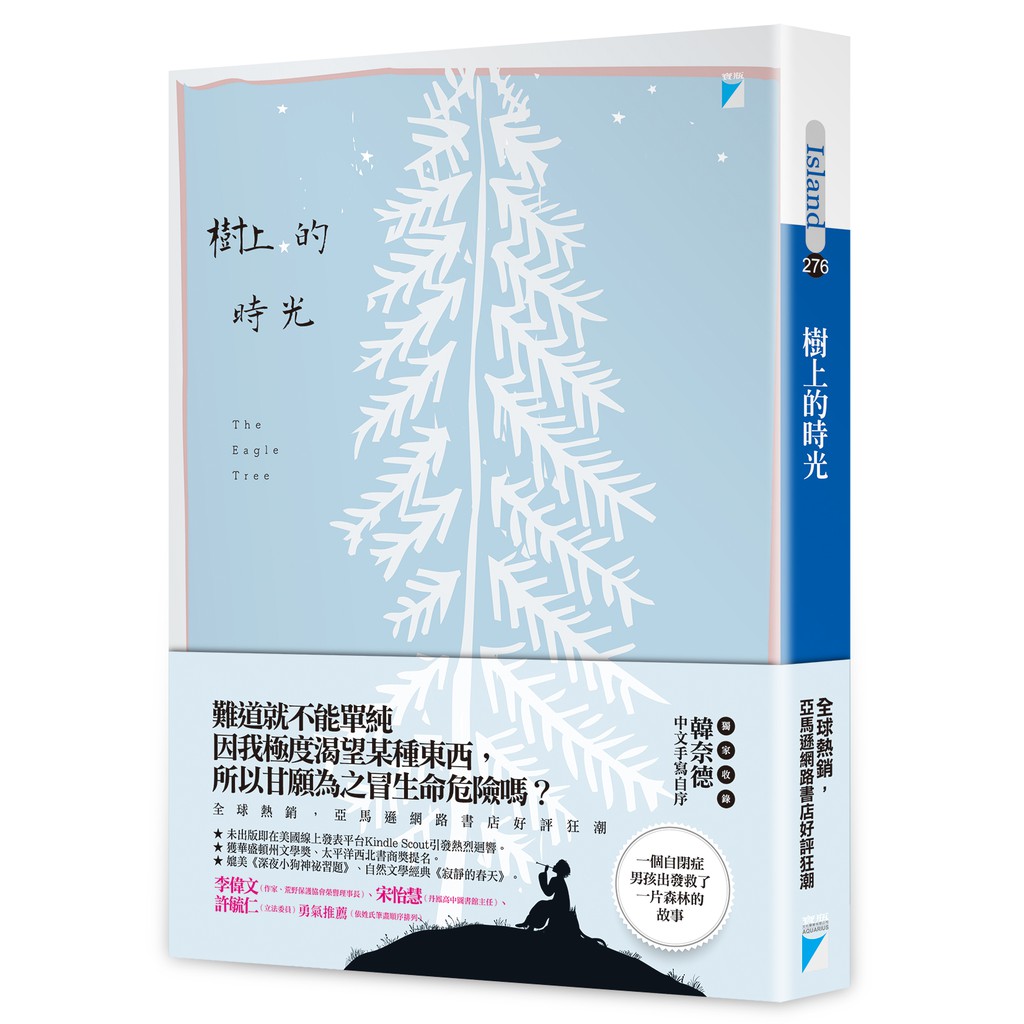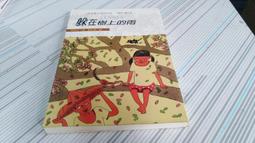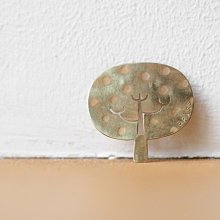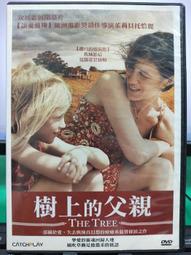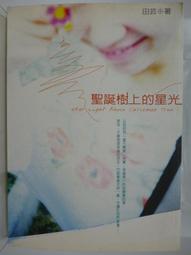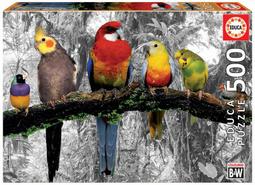
taiwanren.cc - 最全的電商商品價格比較,價格查詢,歷史價格查詢站點
樹上的魚《Lokot 鳥巢蕨》(英文) 行政院農業委員會林務局 五南文化廣場 政府出版品 繪本 童書 歷史價格(單位:新台幣)
描述
故事來自阿美族的口述相傳,有美麗山林、大海及豐富的潮間帶,他們說樹上住著一條魚,又說海岸邊,有守護土地的魚群們,大自然的故事和人的情誼緊扣在族群的口述文化裡。 這個「住在樹上的魚」故事,不但精準點出林投在海岸的生態角色,也在三言兩語間準確描繪了山蘇、九芎、山棕、茄苳等植物的形態特徵;故事中的主配角們相互扶持、鼓勵的溫暖,充分體現阿美族的互助精神。這個簡短的神話故事,蘊含了深刻的自然觀察,與期待人們善良互助的寓意,讓人不由得讚嘆臺灣原住民族的傳統智慧。 Introduction In ancient times, the Pangcah Tribe passed on their culture orally by telling stories about the beautiful coastal forest, the ocean, and the intertidal zone, a place that teems with life. An intertidal zone is the area between high and low tide. As a result of the tide, the coastline is not fixed like a line on a map, but moves in and out, every day. Looking out across this intertidal zone into the sea, the Pangcah people told stories of a fish that came to live in a tree and of a tribe of fish that lives near the coast and takes care of the land. These are stories of friendship between natural creatures. Nature and friendship are essential elements of the oral culture of the Pangcah people. This story of the fish in the tree from Miya not only points out the ecological role of the screw pine on seashores, but also describes species like the bird’s nest fern, crape myrtle, sugar palm, and bishop wood accurately in just a few words. The warmth of the characters, who help and encourage one another, attests to the spirit of helping each other in the Pangcah (Amis). Reading a story that contains such keenly observed natural detail combined with a moral vision that could be understood in terms of symbiosis, we can’t help but feel awed by traditional indigenous wisdom.








